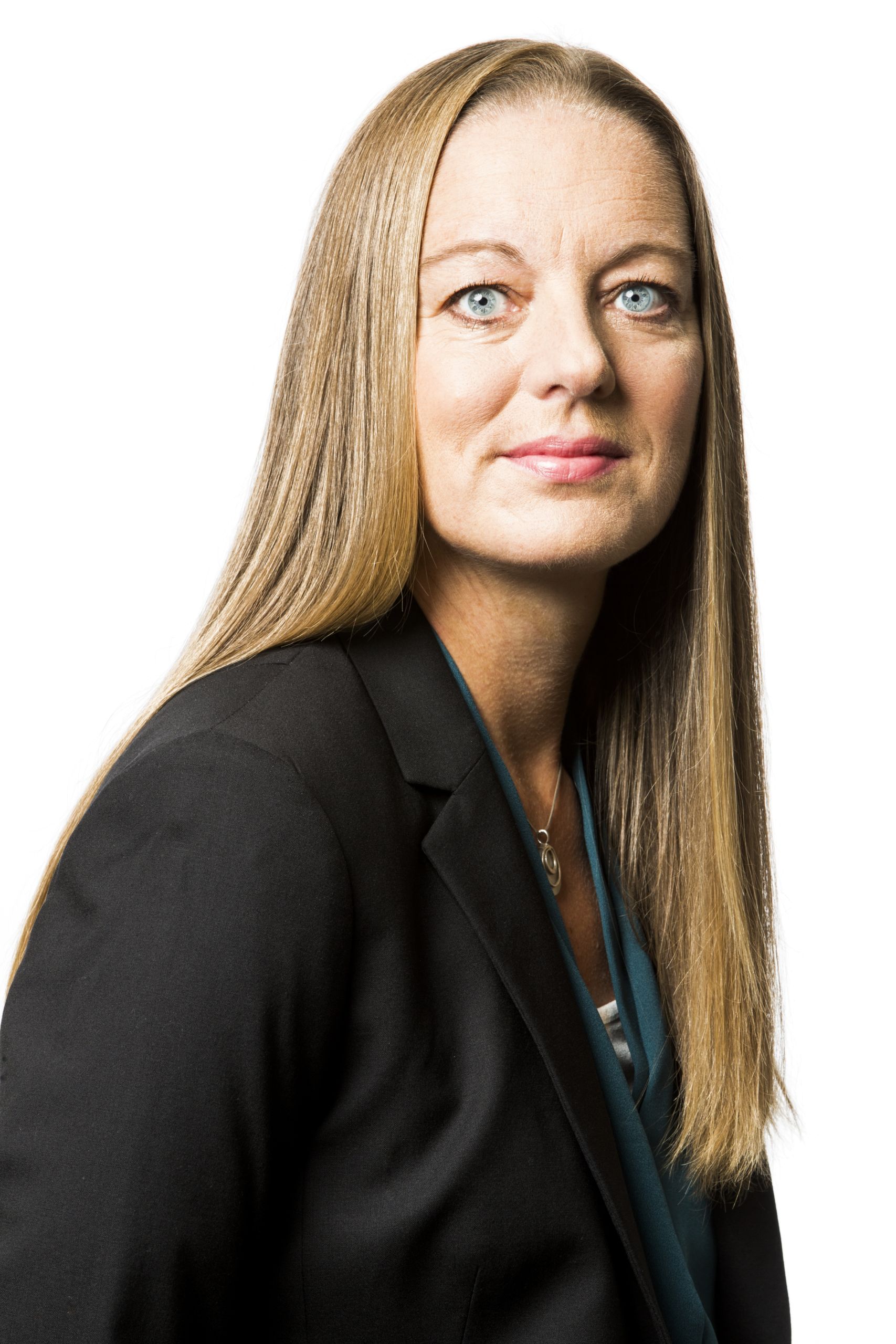In the most recent installment of our ongoing blog series, "In Practice", we speak to Dev Stahlkopf of Cisco about how legal departments can help promote their companies’ culture and employee engagement initiatives
The research conducted on corporations consistently supports the premise that a company’s purpose and culture help drive talent engagement and employee well-being. In this installment of In Practice, Rose Ors, CEO of ClientSmart, spoke with Dev Stahlkopf, Executive Vice President and Chief Legal Officer at Cisco, about how the company’s purpose “to power an inclusive future for all” and its “conscious culture” are lived principles. Stahlkopf also shares the practices she employs to support these principles in concert with her values and leadership style.
Rose Ors: How is Cisco’s purpose reflected in what the company does?
Dev Stahlkopf: As someone who is new to the company, I am still learning about all the ways Cisco brings that to life, but I will tell you it is palpable in the company’s culture. Looking outward, it means the company is profoundly aware of and is actively committed to doing good for the benefit of all its stakeholders. It means we share our technology and expertise to better the lives of those in our community. It means we partner with other organizations to address problems, such as global hunger. Looking inward, we want to unleash the full power of our employees to help ensure the company realizes its purpose.
Rose Ors: How does the law department serve the community?
Dev Stahlkopf: The law department serves the immediate community by providing pro bono legal services. Locally, our pro bono program includes a long-standing partnership with the Law Foundation of Silicon Valley, helping low-income clients address legal matters, such as landlord-tenant disputes. I am working with our pro bono steering committee to determine how we can expand our program and better align it with the company’s Corporate Social Responsibility goals.

The Cisco legal team also serves the broader community via involvement in outside organizations, such as the Leadership Council on Legal Diversity (LCLD), where I am a board member. LCLD is comprised of 350 corporate chief legal officers and law firm managing partners who work together to achieve a common purpose: to increase the pipeline of diverse leaders in the legal industry. One of the many reasons I’m proud of being part of LCLD is that each member has committed to being held accountable for an outcome they have pledged to achieve. My personal pledge includes adopting practices like diverse slating requirements to increase diversity in hiring, increasing transparency for career development opportunities, ensuring that diverse succession plans are in place for all senior roles, and driving accountability by making diversity and inclusion a factor in leader performance expectations.
Rose Ors: You said that unleashing the full power of its employees will help Cisco power an inclusive future for all. What’s the connection?
Dev Stahlkopf: The more fully employees utilize their potential, the more productive they become. The more productive our employees, the more Cisco can achieve. Thus, we need to help employees reach their potential.
When I refer to productivity, I think of it in broader terms than merely the number of sales made, contracts executed, or lines of code written. I think of it as a sustainable employee experience that helps increase the quality and innovation of the work performed, not merely the quantity. Developing such a sustainable experience requires us to think broadly about employee well-being.
Rose Ors: Is this where conscious culture comes in?
Dev Stahlkopf: Exactly. Our culture involves creating an inclusive, diverse environment that positively impacts people. It emphasizes the everyday interactions people have with their leaders and colleagues. The culture is “conscious” because it requires us to be aware of and accountable for what’s working, what’s not, and how to improve. It goes beyond the mere concept of inclusion and diversity and forces you to decide what actions to take.
Rose Ors: What are examples of company programs designed to enhance employee well-being and help employees reach their full potential?
Dev Stahlkopf: We participate in a Cisco sponsorship initiative called The Multiplier Effect (TME). The company asks every one of our leaders to sponsor one or more individuals who differ from them in some aspect, whether it be gender, race, culture, generation, orientation, or ethnicity. TME requires those who participate in the program to be advocates and actively seek ways to increase the sponsees’ exposure and access to other leaders.
For more on how your legal team can promote your company’s purpose and culture, see our In Practice Sidebar here.
Our data shows that since the initiative launched in 2017, TME has exceeded expectations on two fronts: the number of leaders who have become sponsors and the positive impact on the career trajectory of sponsees.
Rose Ors: What has been the impact on sponsees?
Dev Stahlkopf: Our data shows that employees who gain sponsors through the initiative are, on average, 1½-times more likely to be promoted than those who do not. Certain employees experience an even higher promotion rate, including Black and Asian employees (2.7-times more likely) and Hispanic employees (3.2-times more likely).
Rose Ors: Can you describe a program aimed at employee well-being?
Dev Stahlkopf: In response to the ongoing stress of the pandemic, Cisco has rolled out the “A Day for Me” program to foster and support our collective mental health. The company encourages everyone a few weeks in advance to take a designated company-paid day off — essentially a pop-up wellness day.
Rose Ors: Moving now to the legal department, what do you do in everyday interactions with your legal department team to foster a positive, inclusive environment?
Dev Stahlkopf: I think we all need to feel like our voice matters where we work. We need to be seen, valued, and respected. Deep listening is one way I communicate that I see and care for each member of our team. Deep listening means concentrating on what someone is saying without interrupting them and not thinking about my response until they are finished. Whatever form the conversation takes, I assume good intent on everyone’s part. And finally, if someone is sharing a problem or opportunity, I ask: How can I help?
Another way for people to be seen and valued is a gratitude practice. I start every one of my leadership team meetings having each person, myself included, share what they are grateful for that day or week. More often than not, what is shared is personal. And what is shared is not always about work. Indeed, people share personal stories and not just about the easy things.
This practice allows each of us not only to pause and reflect, it also allows us to be vulnerable with each other in a psychologically safe space.
Rose Ors: I imagine your vulnerability during the gratitude practice allows others to be candid and vulnerable as well.
Dev Stahlkopf: Absolutely. It is a lesson I have learned over the course of my career. The best leaders I have worked with have been the ones who have been comfortable saying, “Hey, this week was hard,” or “I have this thing going on in my life, and I apologize for being a bit disconnected in the meeting.” It is their openness that permits everybody else to be candid.







